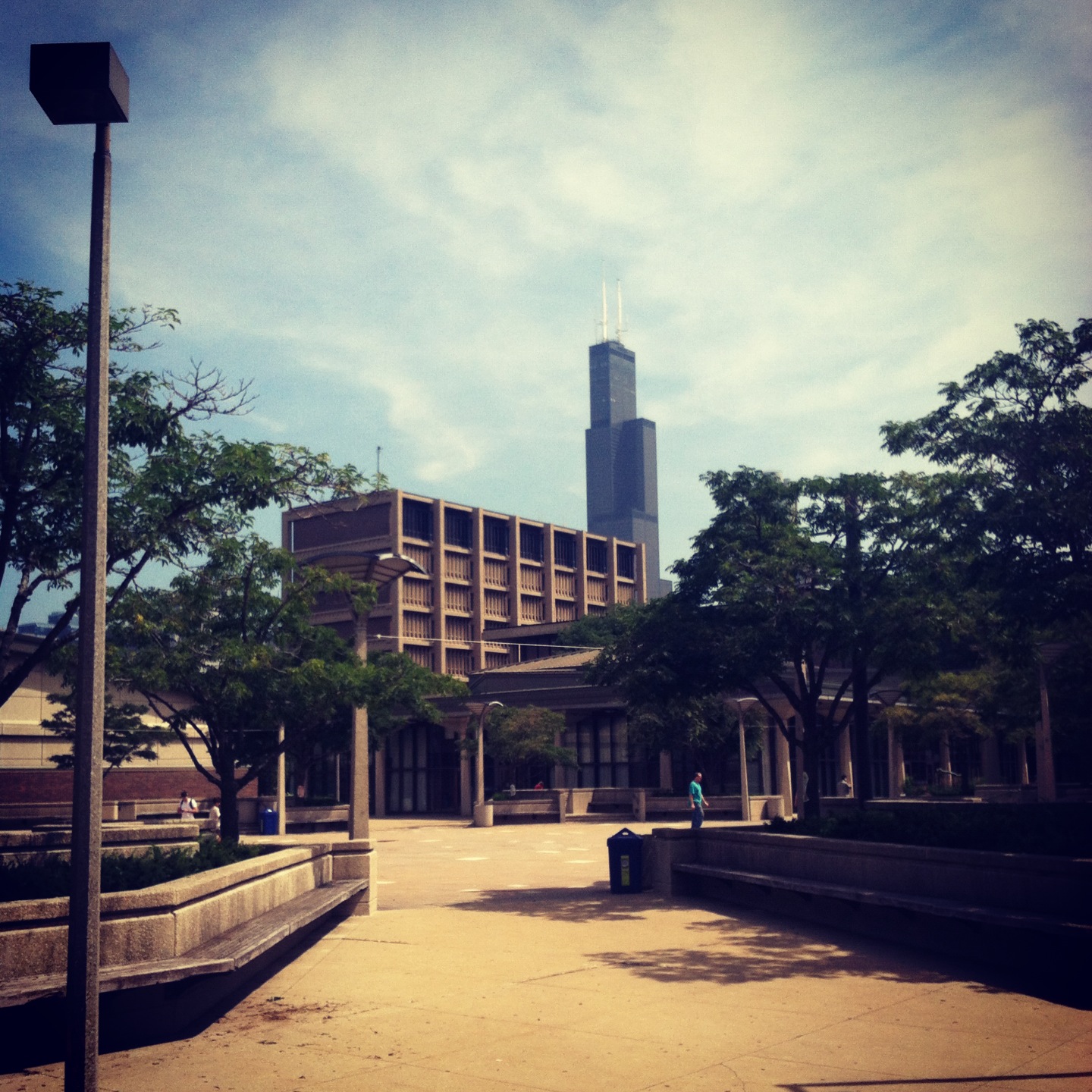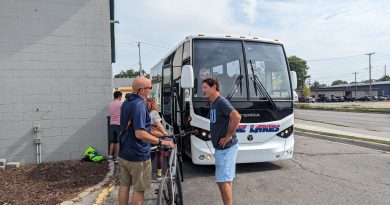Best Nerds Podcast No. 2: Innovation and Equity in Transportation
Our second podcast is finally out. I take responsibility for the delay. There were some technical issues I ran into, and I also started a new job in late May. This corporate world is crazy, you know? Anyway, if you didn’t listen to the first one, you can check it out here. We talked about everything that happened with ERCOT and the power grid in Texas, and also talked with Dr. George Crabtree and Dr. Lynn Trahey, with JCESR (pronounced “Jay Caesar,” although that kind of sounds more like a Roman rapper, maybe?), a division of Argonne National Lab.
Topic Summary
We interviewed Mikki Taylor-Hendrix, who was then at the Detroit Department of Transportation, a.k.a. DDOT. (Mikki has since departed for the private sector, as so many of us do, in pursuit of greener pastures and less dysfunctional work cultures). Mikki explains her experience as an adoptive Detroiter, variously as a lifelong transit aficionado, as a relatively newly-minted urban cyclist, and, quite significantly, as a Black woman working in a majority Black city amid ongoing controversies over gentrification and issues of racial justice in planning.
Transportation, we see, is primarily a cultural question. The cultural question, in turn, drives innovation and infrastructure investment– or a lack thereof, in the case of Detroit. Technology itself actually seems to be tertiary. In the podcast, we trace this back to the midcentury in Detroit, and I even bring up John DeLorean’s tenure at General Motors, where he was frustrated with a conservative and dysfunctional corporate culture that seems to remain to this day. But we also look at the failure of regional infrastructure investment initiatives in Metro Detroit and what this means for the ability of Detroiters and suburbanites alike to get around.
Racial and Economic Justice in Transportation Planning
Finally, we look at questions of racial and economic justice. What is the future of transportation in a majority Black city with majority white leadership that is prioritizing infrastructure investments that disproportionately target white residents or visitors? We’re thinking about things like the QLINE. But Mikki points out that the narrative that “bike lanes are white lanes” isn’t accurate at face value– rather, it’s that city governments have routinely prioritized wealthier and, correspondingly, often whiter, areas, for infrastructure investment. The failure to meaningfully engage neighborhood residents at a broader level leads to the “us vs. them” disparities in this argument.
As an editorial aside, I really wanted to have two more guests on this show, but I couldn’t make it happen logistically. The original plan was to include three perspectives: one would be on community organizing around mobility and transportation, one would be around actual service development and planning, and the third would be on the private sector’s role in the process. We will try this for a future podcast, I’m sure!
Dramatis Personae, a.k.a. Several of the Best Nerds on Earth
- Kelsey Zlevor is a city planner in Eugene, Oregon, serving as a Project Manager at Cameron McCarthy Landscape Architecture & Planning. Find her on LinkedIn here.
- Ian Edward Munroe describes himself as the “resident car nerd” in the transportation chat. He is a finance professional, US Air Force veteran, and photographer, and works as the Assistant Manager of Voting and Engagement Support at Hermes Investment Management. He is based in Pittsburgh (a.k.a. Picksburgh). Check him out on LinkedIn here.
- Kunal Sahasrabuddhe is an engineer and physicist by trade, working with Paradromics as the Director of Systems Integration. He is based in Austin, Texas, and lived through the ERCOT disaster of February 2021. Look him up on LinkedIn here.
- Mikki Taylor-Hendrix is a city planner based in Detroit, Michigan. A native of St. Louis, she has also lived in New Orleans, where she got a master’s degree in urban planning from the University of New Orleans. A member of Young Professionals in Transportation, she was previously with DDOT (as of when this podcast was made) and has since joined the ranks of the former disgruntled bureaucrats who have left the public sector for the private sector, currently with WSP. Check her out on LinkedIn.
- Nat M. Zorach, a.k.a. me– well, you know me. What do I do again? I can never remember. City planner, energy person, utility something, journalist, cantankerous blogger.
- Thomas Alaan, Ph.D is the man behind the curtains through whom all SISE-related dreams are possible. When he isn’t wrangling SISE attendees or telling me I need to get my product together for this podcast, he is an acclaimed musician.
Best Nerds Studio, the UIC SISE Podcast, Launches After Six Years
Accessibility (🎧 ➡️ 📖): A full, however sloppy, transcript of the recording of the Best Nerds podcast can be found here. Check out the SISE program here. Special thanks to the Alvin H. Baum Family Fund for its support of SISE.




